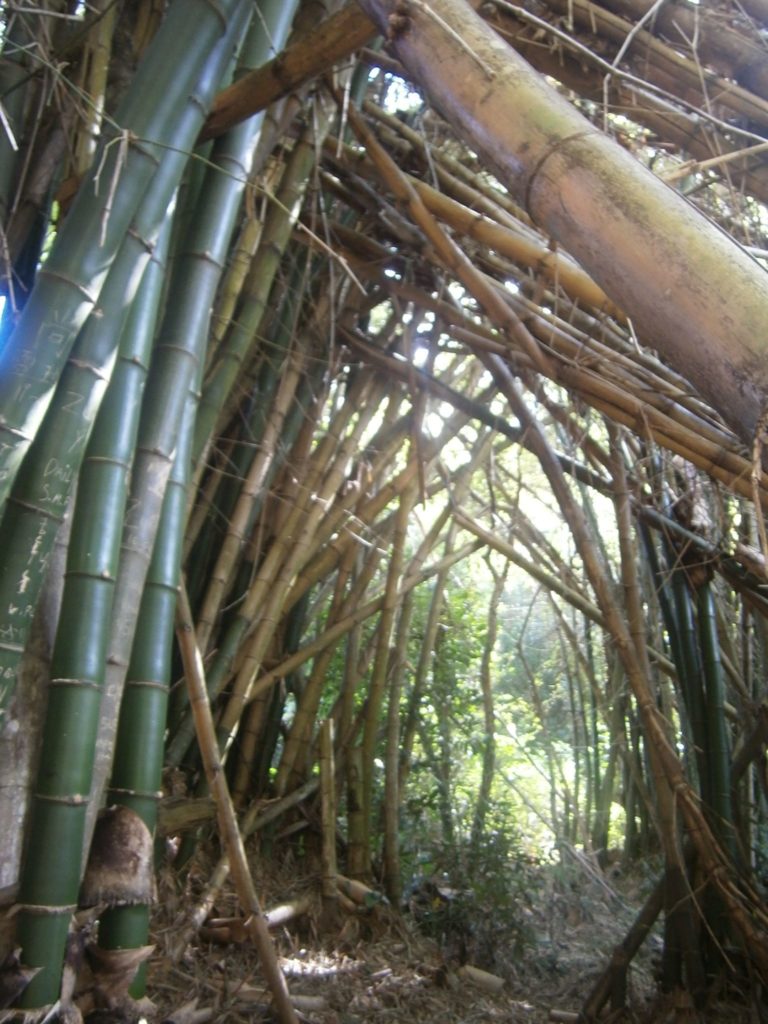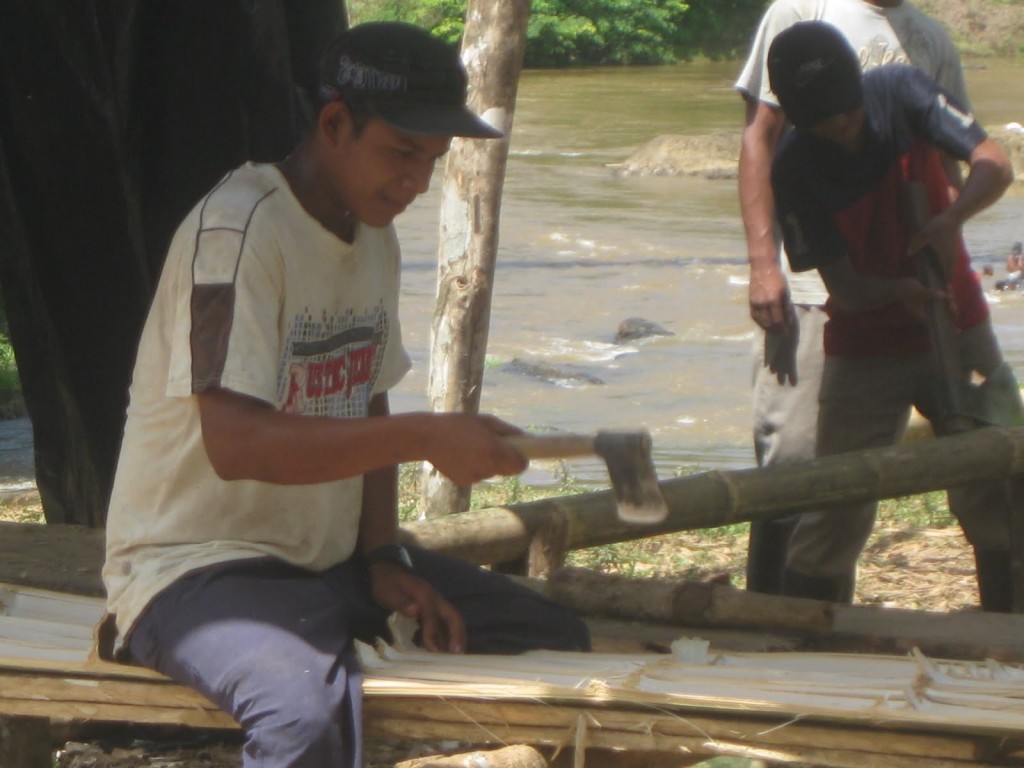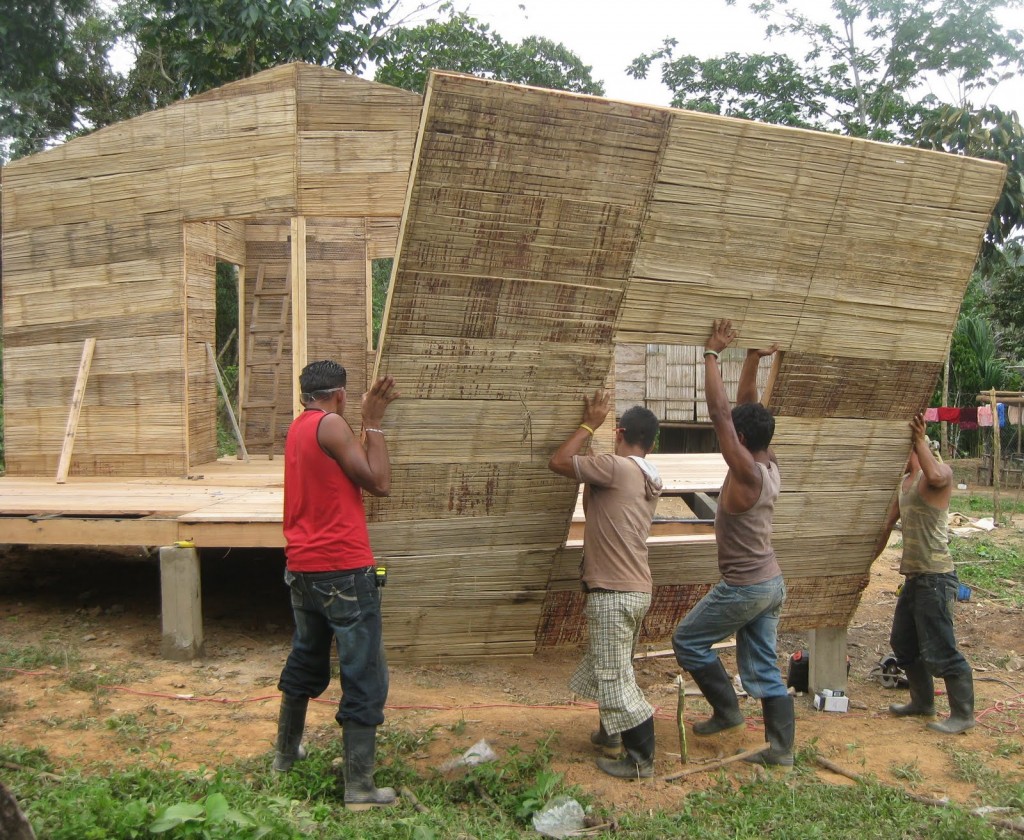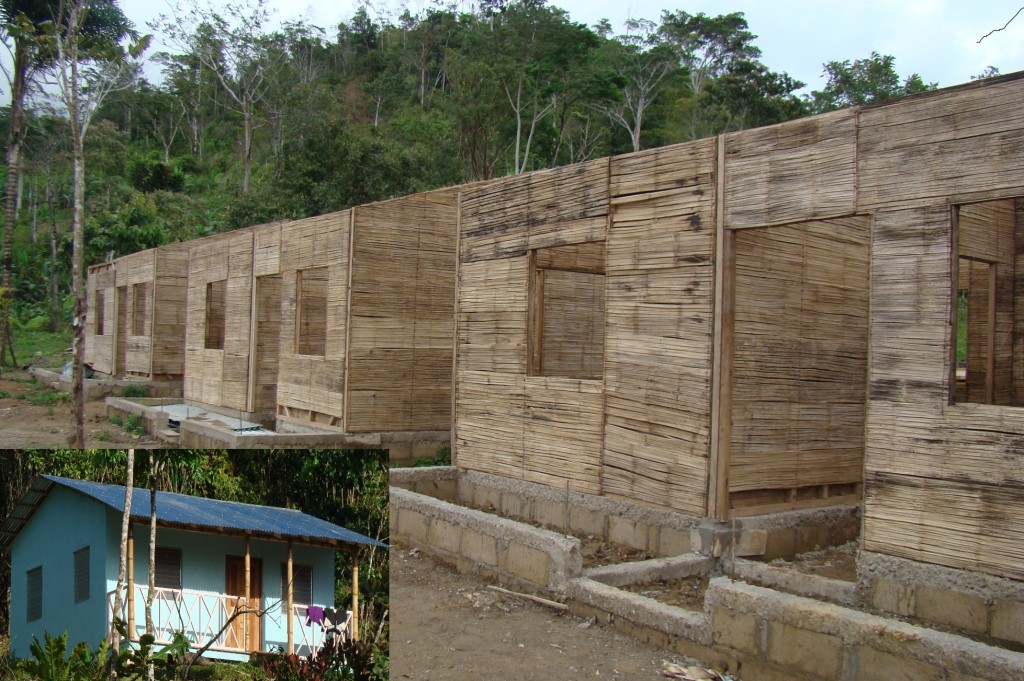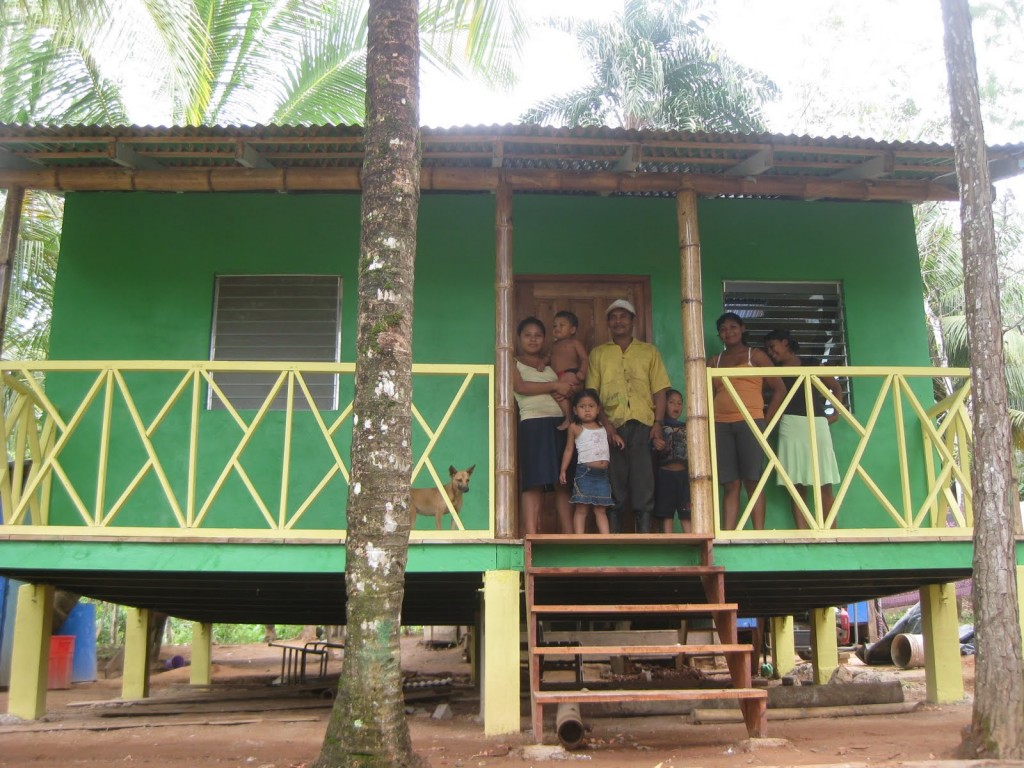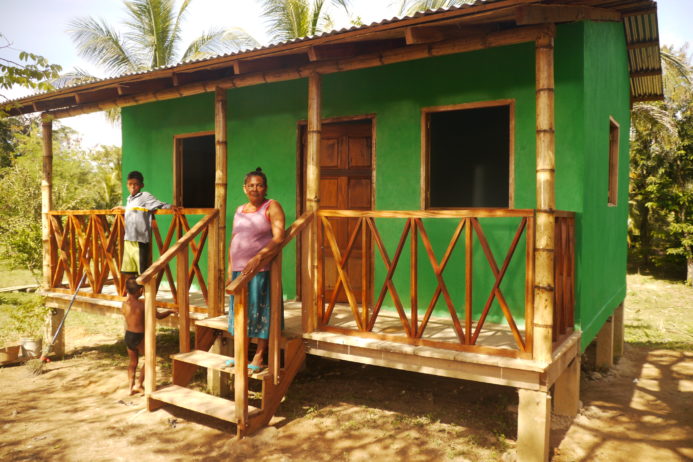
Stories from an iCats fellow in Nicaragua: how to build more resilient communities in flood prone areas
Dear future applicant to the 2013 iCats fellowship program,
If you are reading this blog you might be asking yourself whether it is worth to make a “pause” in you business career and put your professional skills in the service of the less advantaged people in the world.
So, let me tell you briefly what it has been for me to leave a comfortable and stable life in Paris and come to come to Granada, Nicaragua, to work for CO2 Bambu as part of the 2012 iCats fellowship program with LGT Venture Philanthropy.
After a short adaptation period (switching from a cosmopolitan city of 2 million people to a colonial city/town of 150,000, in which I got used to work at a more “easy going” pace, in a much more casual environment and sometimes under exaggerated high temperatures!), I got immersed in the amazing experience of being part of a social business and contributing to create positive impact in Nicaragua, the second poorest country in Latin America.
Flooding is a major problem worldwide and a significant issue to address when it comes to tackle Climate Change. CO2 Bambu, a Nicaraguan start-up social business, leader in the development of affordable eco-housing solutions for the most vulnerable communities in Nicaragua, is an example of the meaningful role that private actors are playing in the development of innovative impactful solutions to tackle major global problems such as Climate change.
Working for CO2 Bambu has given me the opportunity to have a holistic understanding of the flooding situation in Latin America. It allowed me to actively participate in the development of a tangible, affordable and sustainable solution to shift the paradigm for the millions of eco-refugees unsuccessfully relocated far from their land of origin, as a consequence of the increasing number of floods worldwide due to Climate Change.
CO2 Bambu was launched initially as a bamboo reforestation project in 2008 and, over the past 3 years, has established itself in Nicaragua as an innovative builder of eco-responsible housing, using the local guadua bamboo, a giant bamboo that grows amply through out Nicaragua. The bamboo-based homes that CO2 Bambu builds have been deployed as part of post disaster reconstruction programs.
As a result, CO2 Bambu came to understand that responding Post Disaster is a band-aid approach when coastal communities in Central America are facing crisis. We therefore decided to tackle the problem head on and develop an affordable bamboo-based amphibious house, a more permanent solution that maintains the integrity of vulnerable communities living in flood prone areas and will constitute a paradigm shift in the way we deal with disasters today.

I am deeply convinced that the development of affordable amphibious houses will make these populations more resilient to floods and will constitute a big step towards the challenge of Adapting to Climate Change. My wish is to see these people settled in amphibious communities in the near future.
Finally, participating in the iCats fellowship program with CO2 Bambu allowed me to have a better understanding of the extent of the flooding situation in Colombia, my home country, where a series of unprecedented rains have resulted in massive flooding, affecting close to 2 million people in the last two years. The fact that Colombia is now considering relocation as a solution for its eco refugees further reinforces my conviction that this is a journey worth taking and that my iCats fellowship is contributing to my personal growth as well as my assigned company’s momentum in the field of Climate Adaptation.

